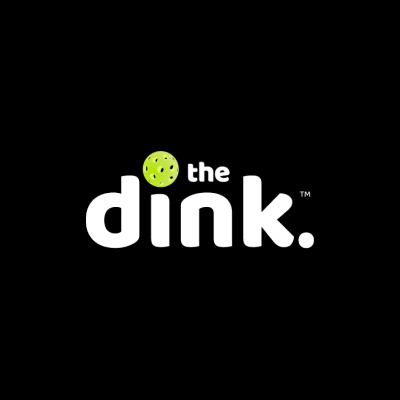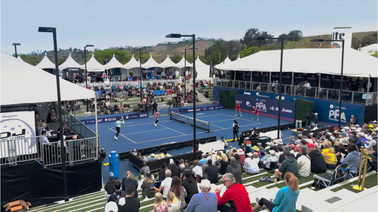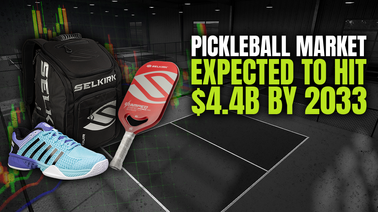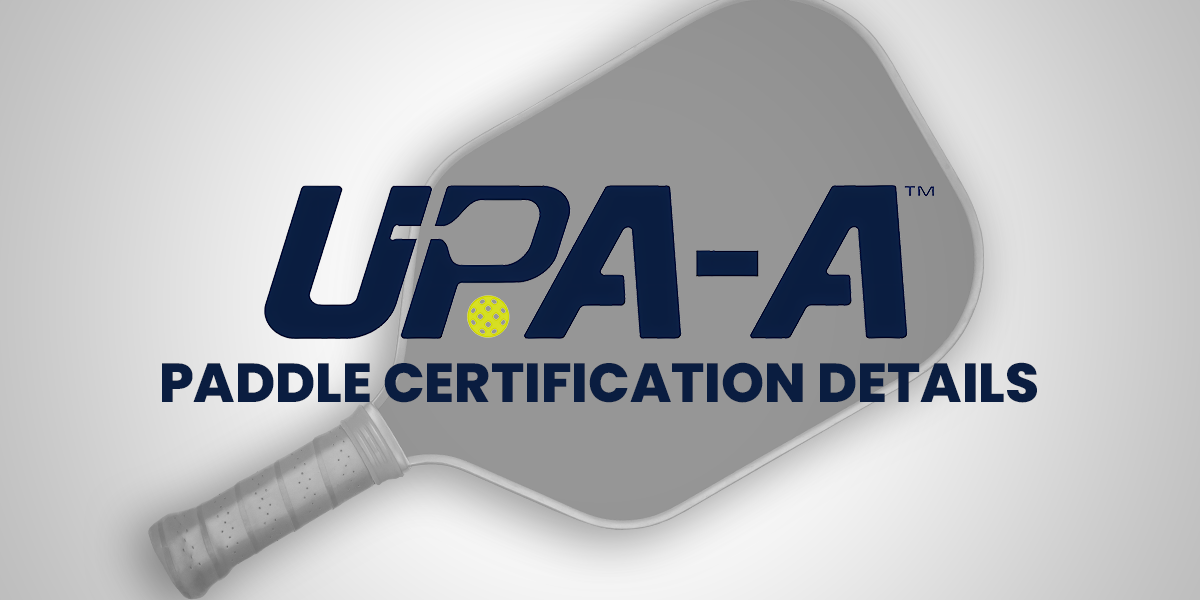
UPA-A Announces Annual $20,000 Fee for Paddle Certification in 2025 | Pickleball News
The United Pickleball Association of America (UPA-A) has unveiled its 2025 Paddle Certification Rollout Plan, marking the start of a new chapter in paddle regulation.
This plan details important dates, testing standards, and certification requirements that manufacturers, players, and event organizers must meet to ensure compliance.
Before we get into all that, let's provide some context.
How Paddle Testing and Certification Got Here
It all started with "hot" paddles and USA Pickleball delisting certain paddles that had been consistently failing tests at tour events. While JOOLA wasn't the only paddle delisted, it was the most popular.
The JOOLA Gen 3 paddle line's delisting made waves across the pickleball world (Read: Is It Fair to Play With Delisted Paddles?). It impacted pros and recreational players because it happened just a few weeks after the line was introduced to the market.

Stories of hot paddles causing injuries in rec play began to surface, and the way they were being manufactured caused concern, especially among some of the high-profile paddle reviewers online.
Chris Olson of The Pickleball Studio was gracious enough to give us an interview and context on the entire situation.
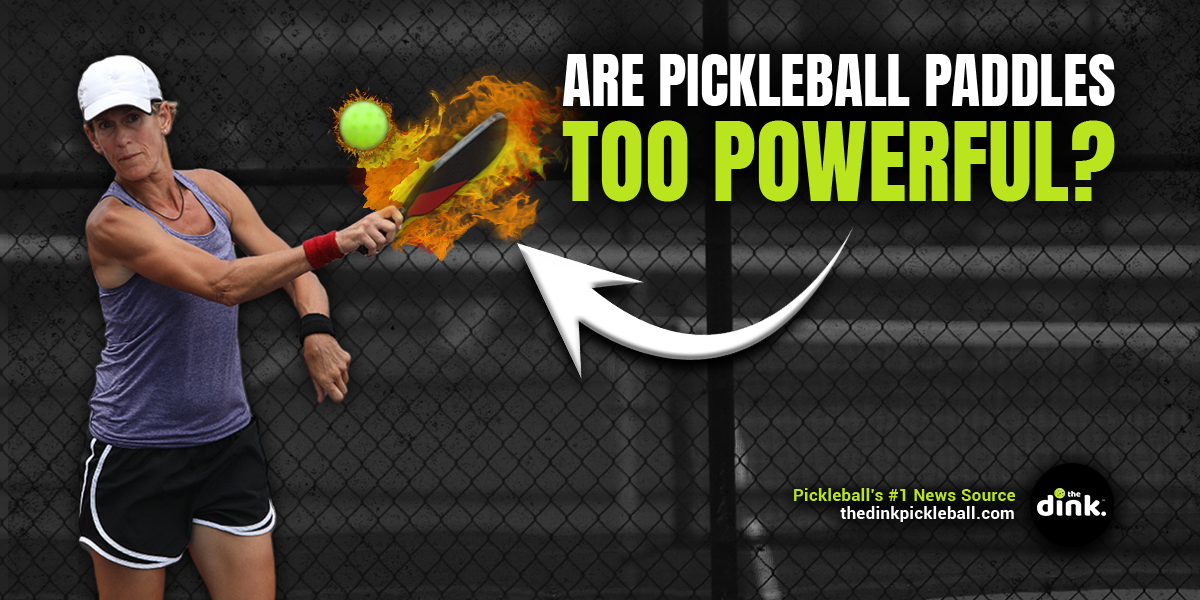
This delisting led to a lawsuit from JOOLA against USAP (still ongoing).
In May, MLP and PPA announced a new USA Pickleball competitor, the UPA-A, explaining that new paddle testing was on the horizon.
A few months later, in August, UPA-A announced an interim certification program. This announcement rubbed a few paddle manufacturers the wrong way, including one of the biggest in the game, Selkirk.

The announcement, combined with rumors of UPA-A certification potentially costing paddle manufacturers up to $100,000 annually (to have their paddles featured on the pro tours), caused concern that smaller manufacturers would be squeezed out and leave players with fewer options in the market.
Allegedly, @PPAtour is charging paddle brands $100k per year and $5k per paddle cert/reg in 2025. @USAPickleball approved paddles will be sunset at the end of 2025 for UPA events.
— Rob Nunnery (@_robnunnery) June 19, 2024
Thoughts?
With this announcement of certification costing $20,000 annually, those rumors and speculation are put to rest.
Several pro players have appeared on the PicklePod over the last few months to discuss the ramifications of hot paddles, the implications of new testing, and why change in the entire industry is necessary.
Some of the most hard-hitting episodes include three of the most opinionated players in the game:
- Lea Jansen: She explains how pros feel pressure to keep up but wish they'd go back to paddles from 2021.
- Travis Rettenmaier: Took the subject even further, saying, "Cheating is very, very prevalent."
- Jill Braverman: Speculated which paddles will be next to be delisted.
If you want to catch up on even more of the paddle drama, read:
- UPA-A Makes Announcement Regarding Paddle Testing, But It's Not What You Might Think
- Report: UPA-A to Paddle Companies: 'The Price of Business is About to Go Up'
- 65% of Paddles Failed Deflection Testing at MLP Atlanta
- USA Pickleball Announces New Paddle Testing Standards as Industry Reaches a Boiling Point
Now that you're caught up, the importance of this announcement by the UPA-A puts to rest months of speculation where we and others had to make assumptions based on what we were hearing across the industry.
Now, we have more clarification.
Key Dates and Deadlines for Paddle Certification
- October 1 – November 15, 2024: Paddle manufacturers with USAP-Approved paddles can apply for UPA-A Provisional Status for a $2,000 fee, which will be applied towards the 2025 certification cost. Applications submitted after this window will face a $1,000 late fee.
- January 1, 2025: Testing for full 2025 UPA-A Certification begins. By this date, all paddles used in professional events must have either Provisional or Interim Certification to remain compliant through March 31, 2025.
- March 31, 2025: Provisional and Interim Certifications expire. After this deadline, only paddles with full UPA-A certification will be allowed in professional tournaments.
- April 1, 2025: Full UPA-A Certification becomes mandatory for all professional-level play.
Stricter Testing Standards for Provisional Approval
UPA-A will conduct thorough testing to ensure paddles meet the new standards. Key testing metrics include spin limits below 2200 RPM and an Average Deflection Force requirement of at least 42 lbs for provisional approval, with more comprehensive testing to follow for full certification.
According to the release:
“The 2025 certification process is vital to the continued growth of professional pickleball,” said Jason Aspes, UPA-A President. “We want to give manufacturers a clear roadmap for compliance while ensuring that players at the highest levels of the sport are competing with paddles that meet the highest standards for performance and fairness.”
Certification Costs and Industry Impact
For 2025, UPA-A certification fees will include an annual $20,000 flat fee, $5,000 for each paddle model, and $1,000 for each variation. These fees will cover extensive testing, including destructive testing at both laboratory and on-site PPA and Major League Pickleball (MLP) events.
They are encouraging manufacturers to begin the application process early to avoid the increased fees and ensure their paddles meet the new UPA-A standards. Paddle brands must also consider additional licensing fees to participate in professional MLP and PPA tournaments.
For more information and updates on the 2025 UPA-A Paddle Certification Rollout, visit the official UPA-A website.
If 2024 has taught us anything, it is that this is not the end of the paddle drama. As always, we will be here to cover it for you when further news or information drops.
|





